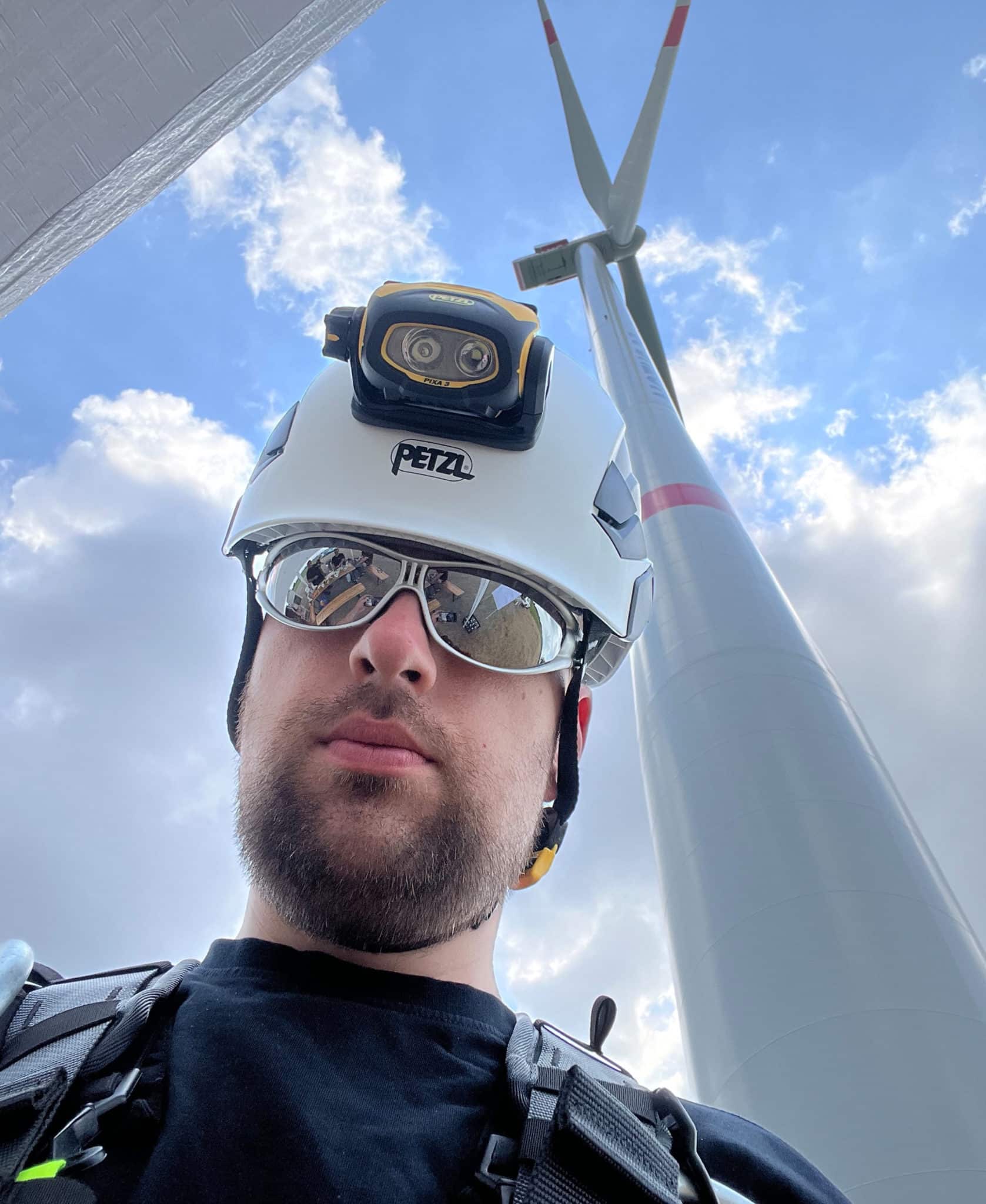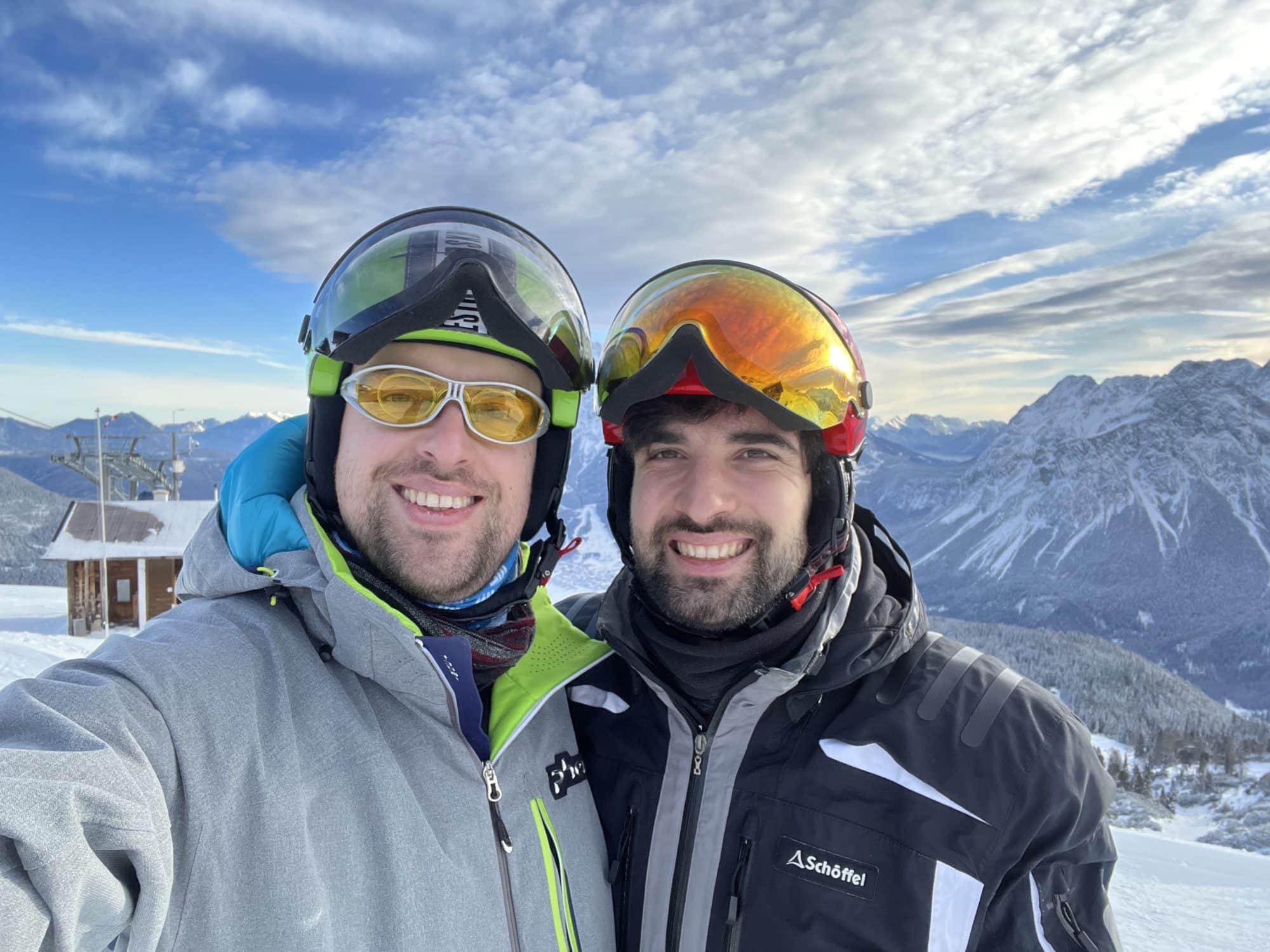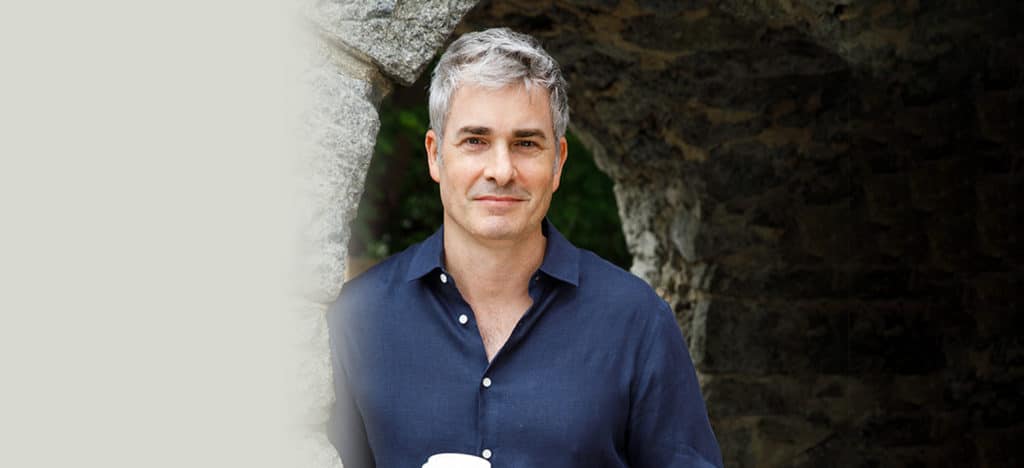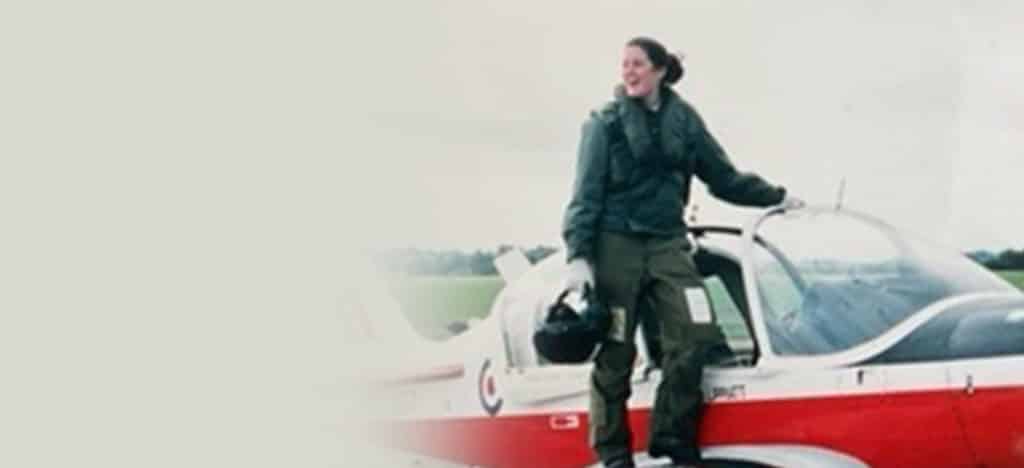He chose academic subjects for which he held a natural curiosity and ability; A Levels in Maths, Physics, Economics and German, the latter of which was compulsory for German pupils. Back in Germany, he had been top of his Maths class but he struggled to keep up in his early lessons, hindered by his lack of fluency in English, and being asked to write a 1000-word essay on the English economy for his first Economics prep made him thoroughly question his motivation. All this while he was adapting to the rigours of boarding school life where he missed friends and family.
It was tough, yet Hannes was determined to persevere. “I worked hard because I knew that a Bradfield education was expensive and I wanted to show my parents that I appreciated their investment in me.”
Hannes sought help for those areas in which he struggled and found a wealth of support. In ‘Maths Surgery’, Dr Beeson identified that the German system for working out quadratic equations was different and taught him how to solve them the English way, a secret he shared with his brother, Piet, before his arrival; his Housemaster, Mr Backhouse, helped explain the English terminology and micro- economic concepts in more detail. “The things I learned at Bradfield have really stuck with me, it was a great foundation for later learning.”
After Bradfield, Hannes decided to continue his experiences in the British education system, going on to read Aerospace Engineering at the University of Southampton where he would also participate in the ERASMUS scheme, spending a year at Stuttgart University, studying modules on wind turbines. This experience inspired his thesis which he wrote on rotor blades before a Master’s thesis about potential improvements to blade dynamics.
Despite his degree topic, Hannes was not dead set on a career in sustainable energy, but in the end, it was something that made good sense. Upon finishing his UK studies Hannes took some time out to assist his mother in recovering from medical treatment. Sensing that he needed to start on his career, his father suggested that Hannes take a temporary role at NOTUS, the company he founded.







